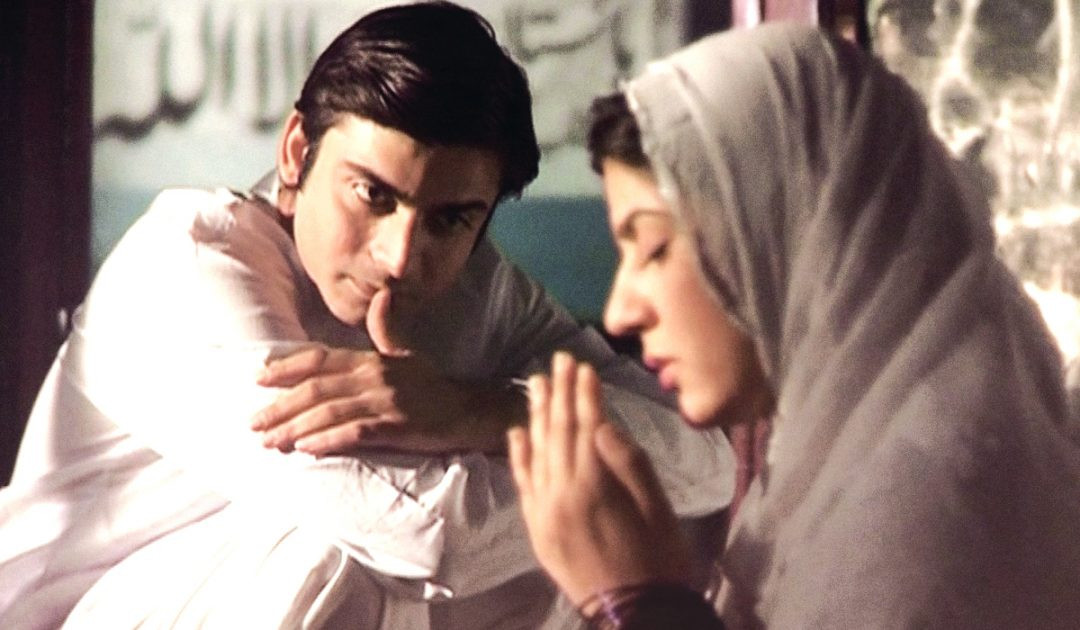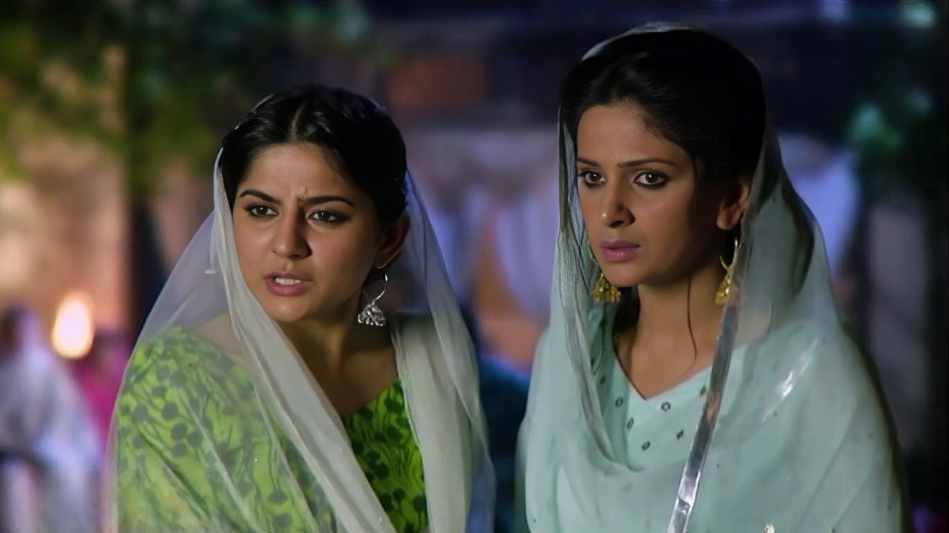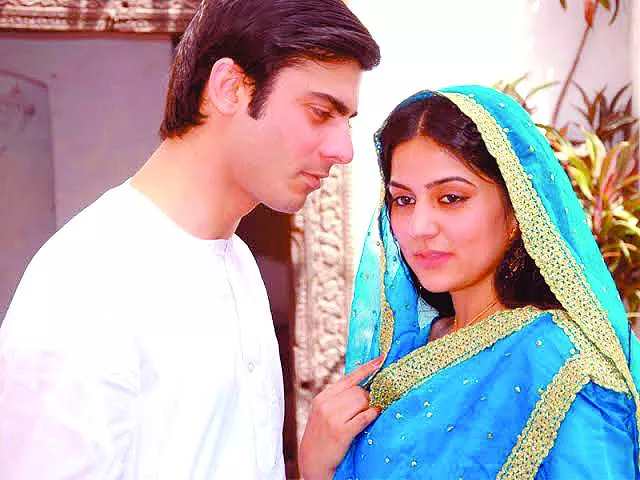14 years of ‘Dastaan’: Why the drama is still TV’s boldest Partition tale
Based on Razia Butt’s novel 'Bano', this tale forced us to confront history’s bloodiest truths
KARACHI:In Pakistani television, where melodramas often dwell on the cat and mouse games between saas bahu, the Haissam Hussain direction Dastaan stands as a haunting exception. Marking 14 years since its end, the drama based on Razia Butt's novel Bano and adapted for the screen by Samira Fazal dares to portray the horrors of the 1947 Partition with raw honesty. On its surface, it narrates the love story of Hasan (Fawad Khan) and Bano (Sanam Baloch). But beneath this tender veneer lies a story drenched in violence, betrayal, and disillusionment – one that leaves viewers reeling with trauma long after the final episode ends.
Dastaan felt less like entertainment and more like its images were slicing through a protective cocoon of historical detachment. Perhaps its most unsettling achievement is that it doesn't just document history; it forces you to live it, and that immersion is not without consequences. Partition dramas are not new to South Asian storytelling, but few have captured the carnage with as much gut-wrenching intensity as this one.
No room for detachment
What began as a simple family watch, sparked mainly by Fawad's popularity after Humsafar, turned into something far heavier than anticipated. Each night, we would pull out a CD from the Dastaan box set and watch an episode or two. Gradually, one by one, family members dropped out. Some said it was "too intense," while others called it "too depressing." In the end, it was just my mother and me, curled up on the couch.
1732624828-0/1-(1)1732624828-0.png)
At the time, I was eleven – this was before Pakistan History became part of my syllabus. My limited understanding of the historical context meant frequent pauses as my mother explained key points to help me make sense of what I was watching. The cruelty depicted is difficult to process, particularly when juxtaposed with the realisation that these sacrifices laid the foundation for modern lives. Watching these horrors unfold from the safe remove of a well-lit living room only amplifies the stark contrast between the past and present.
Years later, after studying Pakistan History in O Levels – just barely scraping a B – I came across the DVD set again while clearing out drawers. With a deeper understanding, I decided to rewatch it. This experience was much different, and I found myself questioning how my parents had allowed me to watch something so heavy.
Etched into minds
Some scenes remain difficult to forget, even now. The images of Suraiyya (Saba Qamar) and Saleem's (Ahsan Khan) blood-covered hands desperately reaching for each other as they're murdered, Bano's assault, her forced marriage, and the chilling dance over her cruel husband's corpse are not just dramatic moments – they are visual reminders of the madness of Partition. These images stay with you, no matter how much time passes. But perhaps that's Dastaan's power – it doesn't just evoke pity for the victims of history but ignites a gnawing sense of guilt for the comfort we take for granted today.
Bano's journey in Dastaan is emblematic of Partition's psychological toll, and her descent into madness is one of the most harrowing arcs in Pakistani television. Once a spirited young woman dreaming of a free Muslim homeland, Bano is broken piece by piece – physically, emotionally, and spiritually. As a woman, the depiction of gendered violence struck a particularly raw nerve. The constant threat of rape, both as a weapon of war and within the confines of marriage, is depicted with unflinching brutality. It's a stark reminder that women's bodies often become battlefields in times of conflict, their suffering relegated to footnotes – or less – in history books.

Her descent into madness is not merely a plot device; it is a reminder of how trauma can devour the human soul. As a viewer, Bano's breakdown becomes a mirror, reflecting the collective anguish of a nation that has yet to fully reckon with its wounds. Her dance over her oppressor's corpse is both a moment of catharsis and a damning indictment of what survival often demands.
Saying no to sugarcoating
What makes Dastaan so profoundly good, albeit disturbing, is its refusal to sugarcoat history. The cacophony of mothers screaming for their children, bodies discarded like refuse – are etched into the viewer's mind. These scenes are not merely uncomfortable; they are at times unwatchable, especially for a Pakistani audience that has been fed sanitised versions of Partition in textbooks that only focus on dates and names.
The anxiety Dastaan induces stems not just from its graphic content but from its unrelenting honesty. It doesn't offer easy resolutions or redemptive arcs. Even when Bano finally reaches Pakistan, her disillusionment is complete. The land of her dreams is rife with the same corruption and cruelty she fled, because in the end, it is full of people with the same flaws, the realisation being the driving force of her breakdown. This is perhaps the most unsettling aspect of the drama – it forces us to ask, "What was the point of all her suffering?"
Despite its acclaim, Dastaan has not been without controversy. When aired in India under the title Waqt Ne Kiya Kya Haseen Sitam, it faced criticism for being "too pro-Pakistan." While the drama does lean towards a nationalist narrative, it doesn't shy away from depicting atrocities committed by all sides. But what makes Dastaan's portrayal even more jarring is its realism. For every villain, there is a saviour – often from the same community. When a Hindu man tries to assault Bano, it is another Hindu who saves her. This nuance challenges simplistic narratives of good versus evil, forcing viewers to acknowledge that there is no such thing as an entirely "bad" caste or an entirely "good" one.

Have something to add to the story? Share it in the comments below.


COMMENTS
Comments are moderated and generally will be posted if they are on-topic and not abusive.
For more information, please see our Comments FAQ